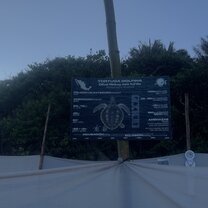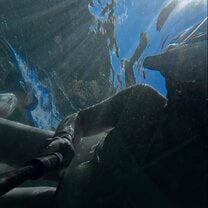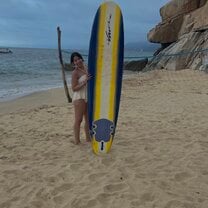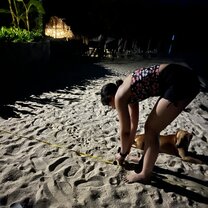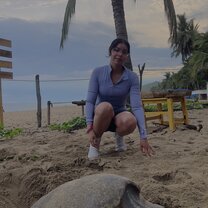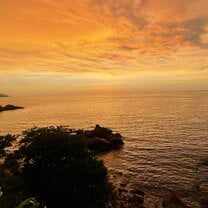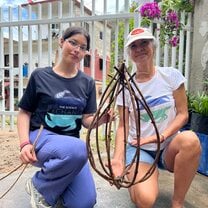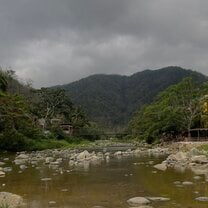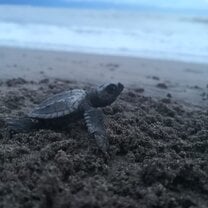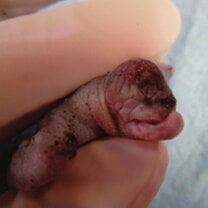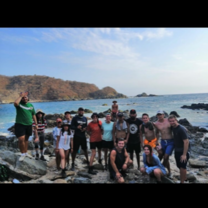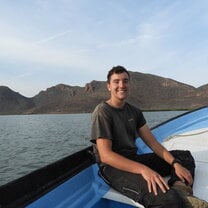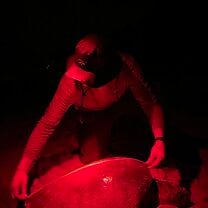We are a non-profit, and intern enrichment is the most important thing to us. Enrichment means:
- Personal – a heightened sense of identity, greater self-confidence, better relationship building skills, higher tolerance, a broader world view.
- Cultural exchange – learning and teaching new ways of speaking, living, learning and working.
- Academic – if the intern has not used the scientific method to reach conclusions about their research data we have not done our job;
- Giving back – our interns usually have the goal of helping save sea turtles or other marine animals. Although we cannot guarantee the animals will be present during their internship, we make sure all interns research and/or help improve the animals’ habitat and most of the time our interns interact with wild animals as well! If we provide enrichment for our interns, they may give back to the non-profit through future donations, marketing, referrals, etc. But most importantly, they will give back to our communities and the planet.
For me, it was a struggle to learn Spanish, and took me 10 years of studying and 4 months of living in Spain to “get it”. But being fluent has changed my life completely. I now live, work, and dream in Spanish, and some of my best friends speak Spanish.
Generation Y is the future, the planet is in their hands, and they must learn to be good global citizens. Although more people are learning English in other countries, we must learn and respect foreign cultural and work norms to solve our global conservation problems.
Therefore, it is imperative that every young person take that trek and immerse themselves in a foreign environment, and at least try to learn the host language. The internet has made it very easy to stay in touch so it is not as scarey anymore to leave behind your friends and family.

